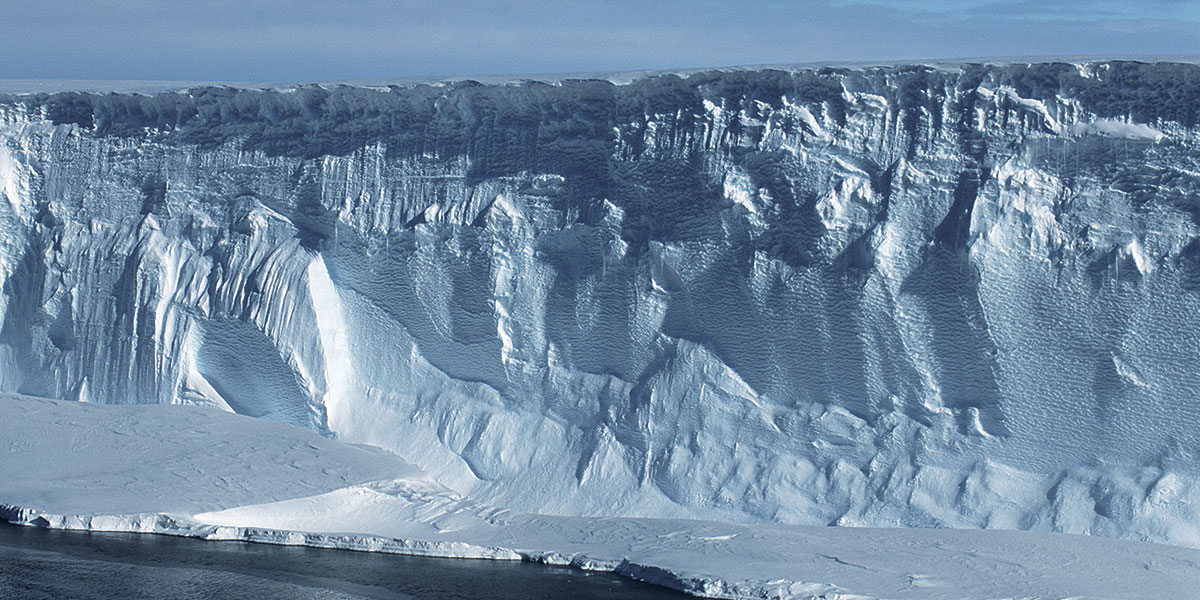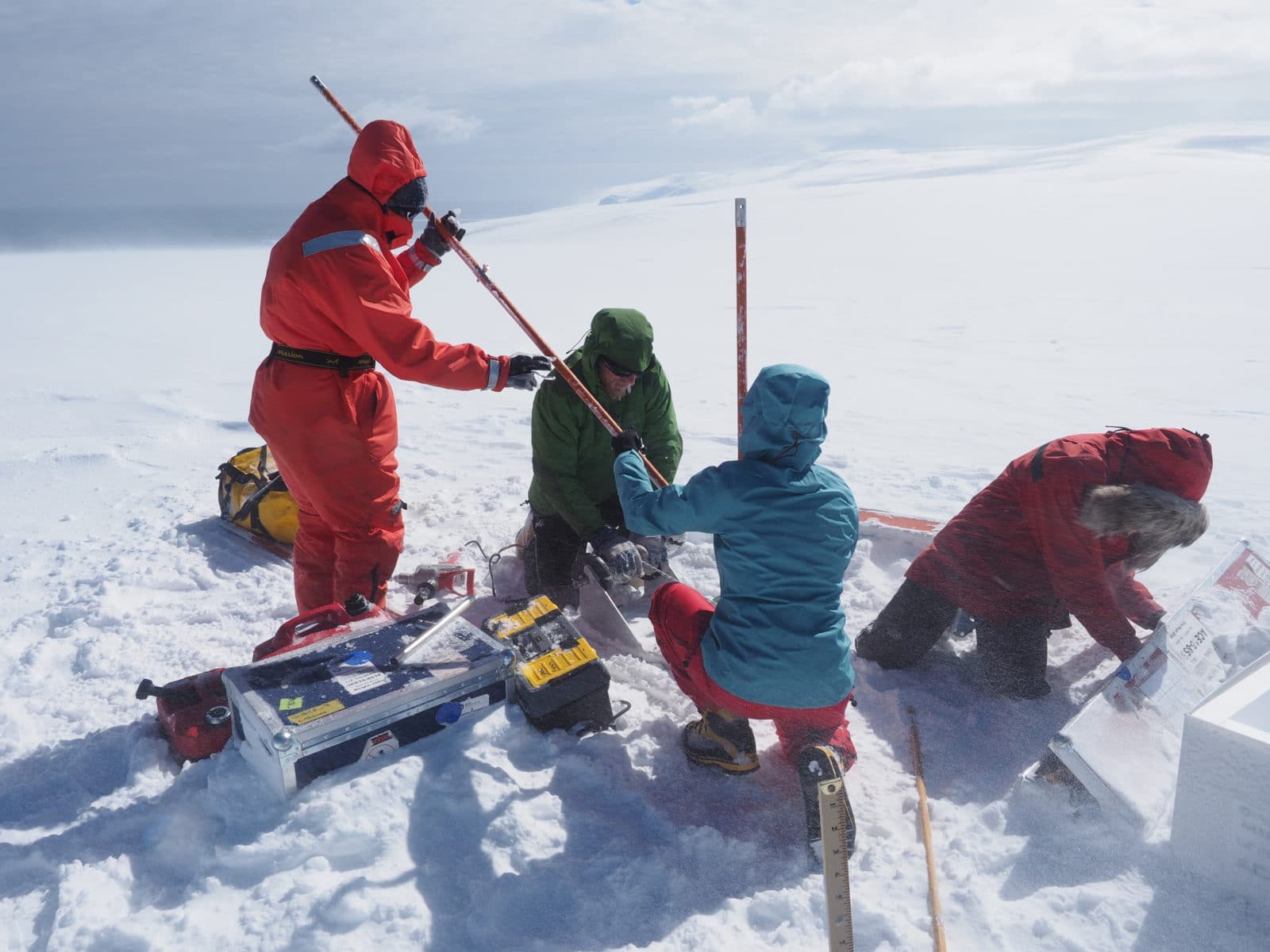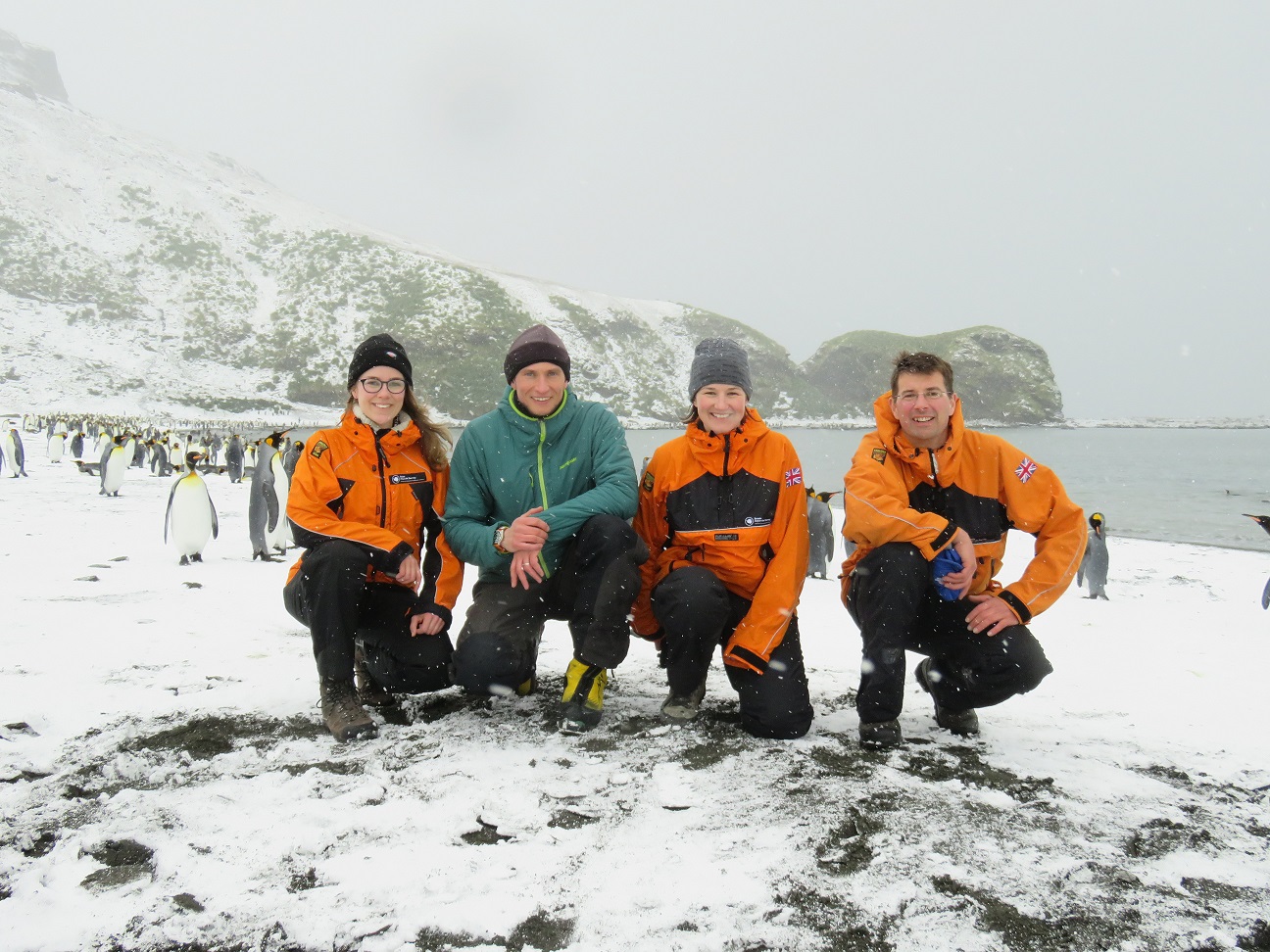


Brief description and intermediate results

The sub-Antarctic islands (SAI) are uniquely located to capture changes in the globally significant circumpolar westerly winds and the Antarctic circumpolar current, key to the mixing and ventilation of the world’s deep oceans. The Sub-Antarctic - ice coring expedition (SubICE) is an international collaboration to provide the first glaciological and palaeoclimate records from the remote and globally significant SAI’s, before glacial retreat and warming surface temperatures destroy this valuable palaeoclimate archive forever.
The SubICE team successfully drilled several shallow ice cores and ground penetrating radar, from five of the remote and globally significant sub-Antarctic islands. The islands are uniquely located to capture changes in the globally significant circumpolar westerly winds and the Antarctic circumpolar current, key to the mixing and ventilation of the world's deep oceans.
New ice cores:

The team from leg 2 of the expedition (Hobart to Punta Arenas), Joel Pedro, Bradley Markle and Guisella Gacitúa drilled the first ever ice core from the Balleny and Peter 1st islands, and three ice cores from coastal Antarctica (Mertz Glacier and Mount Simple).
The team from leg 3 (Punta Arenas to Cape Town), Liz Thomas, Mariusz Potocki, Amy King and Roger Stilwell drilled two ice cores from South Georgia and the first ever ice core from Bouvet (Bouvetøya) island.
The new ice cores will provide a record of past climate, measure atmospheric pollutants and atmospheric circulation, including the variability of the southern ocean winds. The ground penetrating radar data will be used to investigate the internal layering and ice thickness, and together with the ice core data will provide a much needed benchmark for future climate change and glacial retreat.

Elizabeth (Liz) Thomas
British Antarctic Survey, UK
Sub-Antarctic - ice coring expedition (SubICE) - LEAD
- Centre for Ice and Climate,
- Copenhagen (Denmark)
- Australian Antarctic Division,
- Hobart (Australia)
- University of Magallanes (Chile)
- Climate Change Institute,
- University of Maine, (USA)
- Earth and Space Sciences,
- University of Washington, USA.